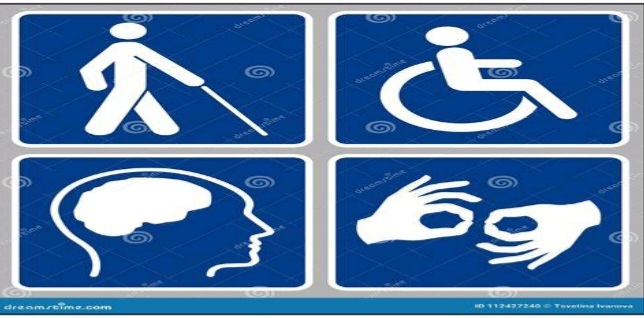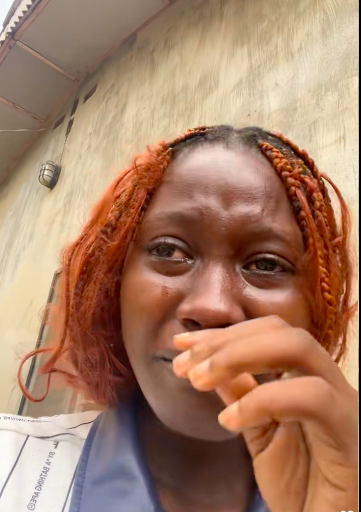
In the global struggle for gender equality and inclusion, one group often left behind is women with disabilities. They face what is commonly called “double jeopardy,” meaning they are subjected to two overlapping forms of discrimination — one because they are women and another because they live with disabilities. In Delta State, this intersection of gender and disability creates deep social, economic, and cultural barriers that limit the full participation of these women in the life of their communities. Yet, within these women lie remarkable resilience, creativity, and potential that, if harnessed, could make them powerful agents of development.
Historically, women with disabilities have been invisible both in mainstream gender policies and in disability programs. The challenges they face are often misunderstood or ignored, leaving them at the margins of empowerment initiatives. While Delta State has made commendable progress in promoting social inclusion, including the recent signing of the Disability Bill into law, the specific experiences of women with disabilities require greater attention and targeted interventions. The double disadvantage they face cuts across education, employment, healthcare, political participation, and access to justice.
Despite these barriers, women with disabilities in Delta State continue to demonstrate extraordinary abilities. Many are self-employed traders, artisans, teachers, and advocates contributing meaningfully to their families and communities. Their creativity and determination prove that disability is not inability. Several have organized themselves into associations and cooperatives, championing inclusion and economic independence. These examples remind us that with the right support systems, women with disabilities can be leaders and innovators rather than passive recipients of aid. Recognizing and investing in their abilities is not just a moral duty but a smart development strategy that can accelerate social progress across Delta State.
However, the obstacles they face are daunting. Many women with disabilities experience limited access to quality education and vocational training, leaving them economically dependent and vulnerable to exploitation. In rural communities, traditional beliefs and social stigma often confine them to the home, stripping them of dignity and opportunity. Access to healthcare, including reproductive health services, remains inadequate and inaccessible. In the workplace, they are frequently overlooked for employment or promotion due to prejudice and lack of reasonable accommodation. Even within the broader disability movement, women’s voices are sometimes underrepresented, and their specific concerns sidelined.
Poverty, gender-based violence, and lack of political representation deepen this cycle of exclusion. Research has shown that women with disabilities are at greater risk of physical and sexual abuse and less likely to receive support or justice. Public facilities, schools, and offices remain largely inaccessible, while negative social attitudes further isolate them. The result is a continuous cycle of poverty, dependence, and invisibility.
To address these challenges, Delta State needs a more inclusive and gender-responsive approach to disability and development. Implementation of the new Disability Law should prioritize women with disabilities as a key demographic for empowerment programs. Targeted policies should promote access to education, vocational training, and employment opportunities with reasonable accommodations. The state government can collaborate with women’s groups, civil society organizations, and disability associations to design initiatives that amplify the voices of women with disabilities. Public awareness campaigns through radio, community dialogues, and local media can challenge stereotypes and promote respect for their rights.
Equally important is ensuring access to affordable healthcare and social protection programs, especially in rural areas. Microcredit and entrepreneurship schemes can help women with disabilities achieve financial independence. Efforts must also be made to include them in leadership and decision-making roles, both in government and community-based structures. By strengthening collaboration among ministries of women affairs, social welfare, health, and education, Delta State can create a coordinated framework that empowers women with disabilities to thrive and contribute to state development.
The story of women with disabilities in Delta State is not only one of struggle but also of strength. They represent untapped human potential waiting to be nurtured. When society removes barriers and recognizes their talents, everyone benefits. Building an inclusive Delta State requires collective responsibility — from policymakers, communities, families, and individuals — to ensure that every woman, regardless of ability, has the chance to live with dignity, pursue her dreams, and shape the future of her society.
Women with disabilities deserve to be seen not through the lens of pity or dependence but as equal citizens with rights, skills, and aspirations. Overcoming their double jeopardy requires commitment, compassion, and concrete action. As Delta State advances in social development, true progress will be measured not by how far the privileged go, but by how much the vulnerable rise.




